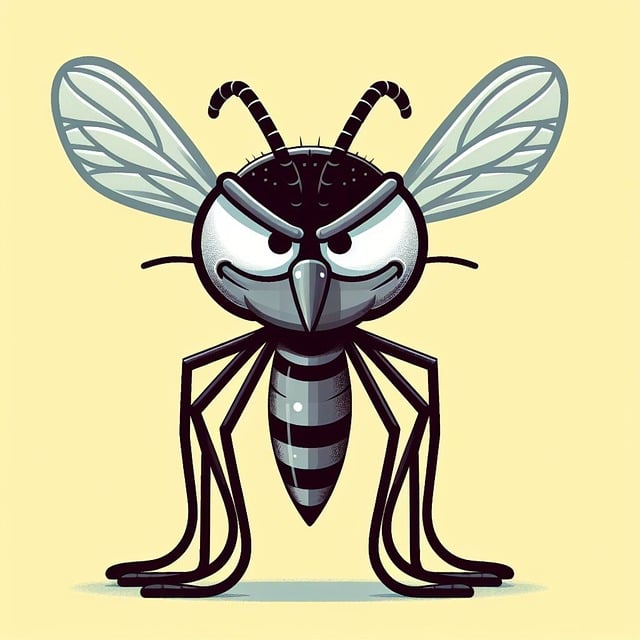Did you know that global warming increases mosquito habitats, making them carriers of diseases like malaria and dengue?
Yes, there is a Searing Connection, between Mosquito and Global Warming. Indeed due to rising temperatures, the mosquito habitats increase as well. In the intricate dance between nature and humanity, climate change has emerged as a formidable partner, reshaping ecosystems and altering the dynamics of disease transmission. Among its many repercussions, one of the most insidious is the expansion of mosquito habitats, transforming these buzzing insects into potent carriers of deadly diseases like malaria and dengue fever.
Rising Temperatures, Expanding Territories: As temperatures climb steadily across the globe, previously inhospitable regions become increasingly conducive to mosquito breeding. Areas that were once too cold for these disease vectors to thrive are now experiencing longer periods of warmth, creating ideal conditions for mosquito populations to flourish. The expansion of mosquito habitats extends the reach of diseases they carry, exposing new populations to the threat of malaria, dengue fever, Zika virus, and more.
Altered Ecological Balance: Beyond mere temperature changes, climate change disrupts the delicate balance of ecosystems, leading to unpredictable consequences for disease transmission. Shifts in precipitation patterns, for instance, can create stagnant pools of water—perfect breeding grounds for mosquitoes. Additionally, altered rainfall patterns can influence the availability of natural predators that help control mosquito populations, further exacerbating the problem.
Human Vulnerability: The ramifications of global warming on mosquito-borne diseases are not confined to ecological shifts; they also have profound implications for human health and well-being. Vulnerable communities, often lacking adequate resources and infrastructure, bear the brunt of these impacts. In regions where malaria and dengue fever are endemic, the encroachment of mosquito habitats only amplifies the burden of these diseases, placing additional strain on already fragile healthcare systems.
Mitigation and Adaptation: Addressing the nexus of global warming and mosquito-borne diseases requires a multifaceted approach that encompasses both mitigation and adaptation strategies. Efforts to curb greenhouse gas emissions and limit global temperature rise are crucial for preventing further exacerbation of the problem. Simultaneously, investing in mosquito control measures, such as mosquito nets, insecticide spraying, and habitat management, can help mitigate the immediate risks posed by these disease vectors.
As the planet continues to warm, the intertwining fates of mosquitoes and humans underscore the urgency of addressing climate change and its myriad consequences. From the sweltering tropics to the temperate climes of the north, the specter of mosquito-borne diseases looms large, demanding concerted action to safeguard public health and preserve the delicate balance of our ecosystems. In the face of this escalating threat, collaboration and innovation are paramount as we strive to navigate the uncertain terrain of a changing climate.




